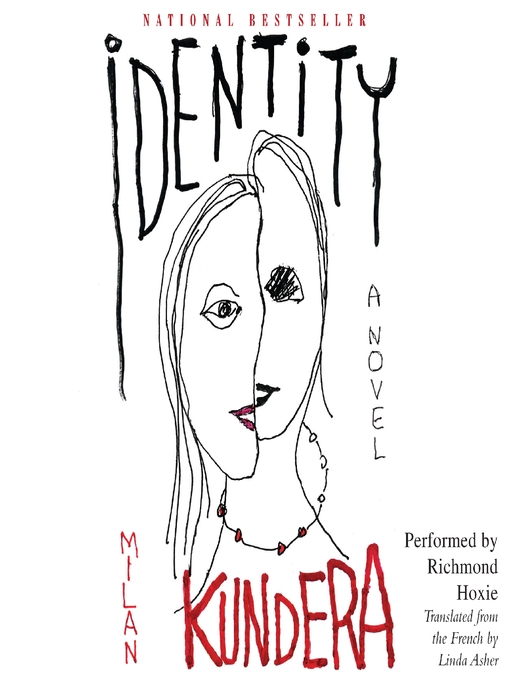""Kundera, master of the twosome, finds erotic and existential threads everywhere in daily behavior. Like his previous books, Identity is a cluster of jeweled observations. . . . But Identity has a special charm: suspense. . . . [It] gets us turning the pages in excitement and alarm, and Kundera's wit keeps us turning them to the very end."" — San Francisco Chronicle
In a narrative as intense as it is brief, a moment of confusion sets in motion a complex chain of events which forces the reader to cross and recross the divide between fantasy and reality.
Sometimes—perhaps only for an instant—we fail to recognize a companion; for a moment their identity ceases to exist, and thus we come to doubt our own. The effect is at its most acute in a couple, where our existence is given meaning by our perception of a lover, and theirs of us.
With his astonishing skill at building on and out from the significant moment, Milan Kundera has placed such a situation and the resulting wave of panic at the core of this novel. Hailed as a ""a fervent and compelling romance, a moving fable about the anxieties of love and separateness"" (Baltimore Sun), it is not to be missed.



